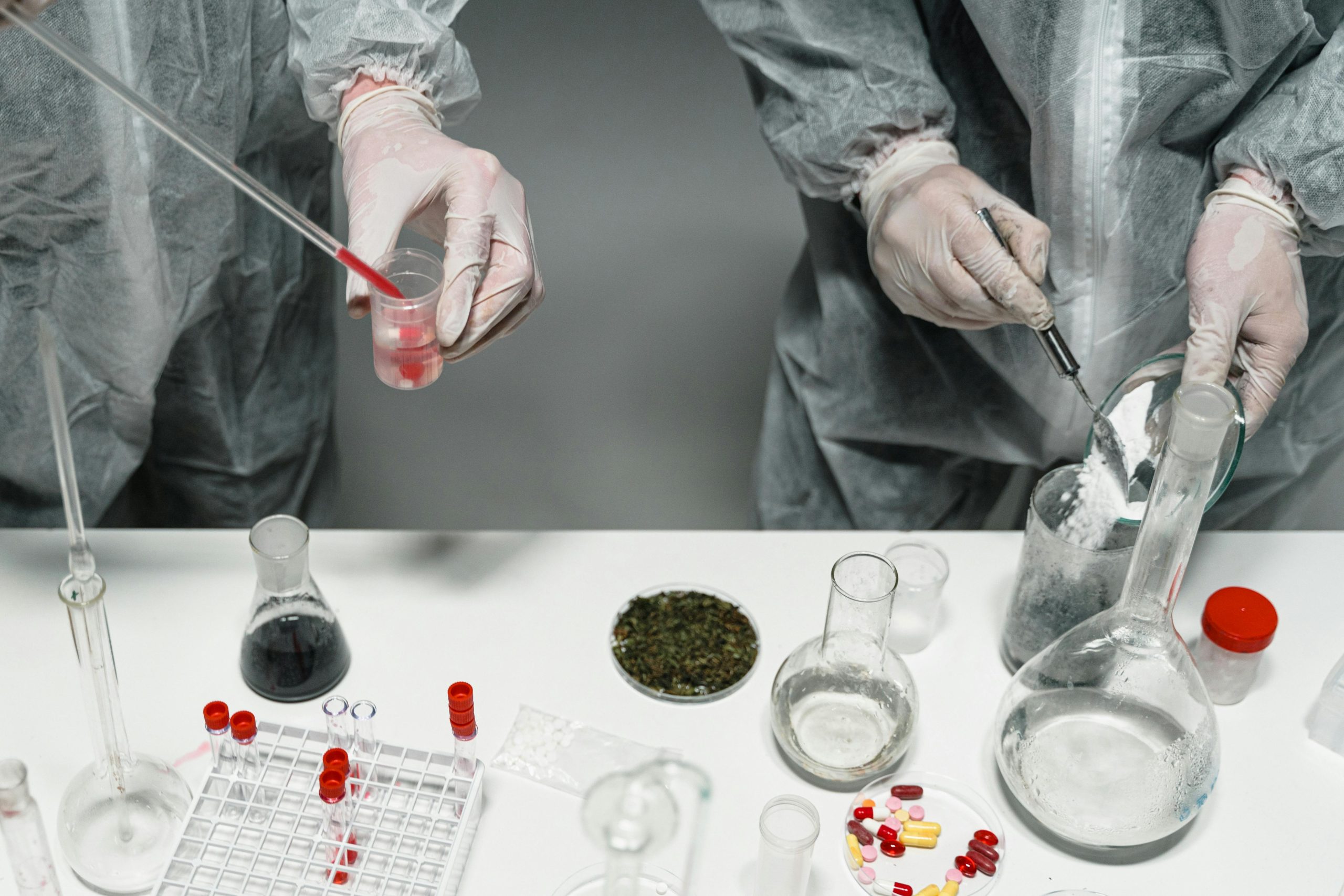Following years of grappling with a recurring bacterial bloodstream infection resistant to conventional drugs, a patient consented to undergo phage therapy.
The family consented to explore an experimental therapy utilizing bacteriophages, viruses designed to combat bacterial infections.
In an effort to address the patient’s Enterococcus faecium bacterial strain, which had developed resistance akin to “zombie-like” characteristics, rendering it highly resistant to conventional antibiotic treatments, researchers conducted extensive testing on wastewater samples collected nationwide.
Their objective was to identify a bacteriophage, a virus thought to possess specificity in targeting drug-resistant bacteria, that could effectively combat the identified bacterial strain.
The treatment proved highly effective, enabling the patient to be discharged from the hospital, thus allowing her to embark on a long-awaited vacation with her family.
The case study, conducted by scientists from the University of Pittsburgh School of Medicine, has been published in today’s edition of the American Society for Microbiology journal mBio.
Phages: Targeted Virus Attack on Bacteria

Bacteriophages, colloquially referred to as “phages,” are viruses engineered to target and invade bacteria, resulting in the destruction of bacterial cells during their replication process. Each phage exhibits a high degree of specificity, selectively targeting particular bacterial strains without affecting other bacteria or harming human cells.
These viruses are abundant in various environments, ranging from water and soil to the human body, with wastewater from sewage treatment facilities often serving as a primary source for isolating new phages.
In instances where conventional treatments prove ineffective against life-threatening bacterial infections, medical professionals are increasingly turning to phage therapy as a potential solution.
However, the lack of standardization and FDA approval currently limits its widespread availability.
To address this, multiple clinical trials, including those conducted at the University of Pittsburgh, are underway to evaluate the safety and efficacy of phage therapy.
Woman Beats Drug-Resistant Bacteria with Phage Therapy
The patient, a 57-year-old woman with a complicated medical history and an autoimmune disorder necessitating immunosuppressive treatment, faced challenges with drug-resistant E. faecium colonization in her gut, which subsequently spread to her bloodstream, leading to recurrent bloodstream infections and numerous prolonged hospitalizations from 2013 to 2020.
Following an extensive hospital stay in late 2020, during which traditional antibiotic treatments proved ineffective, doctors proposed phage therapy.
Upon receiving phage therapy, the patient experienced a rapid resolution of her bloodstream infection within 24 hours, enabling her discharge from the hospital.
She continued the combination of phage therapy and antibiotics at home. Despite initial success, the patient encountered intermittent breakthrough infections, indicating potential bacterial resistance to the therapy.
Consequently, researchers identified an additional phage targeting the specific bacteria, leading to a four-month period free of bloodstream infection, allowing the patient to enjoy a family vacation.
However, after approximately six months, the bloodstream infection recurred, suggesting diminishing effectiveness of the phage-antibiotic combination. Tragically, the patient passed away in 2022.
